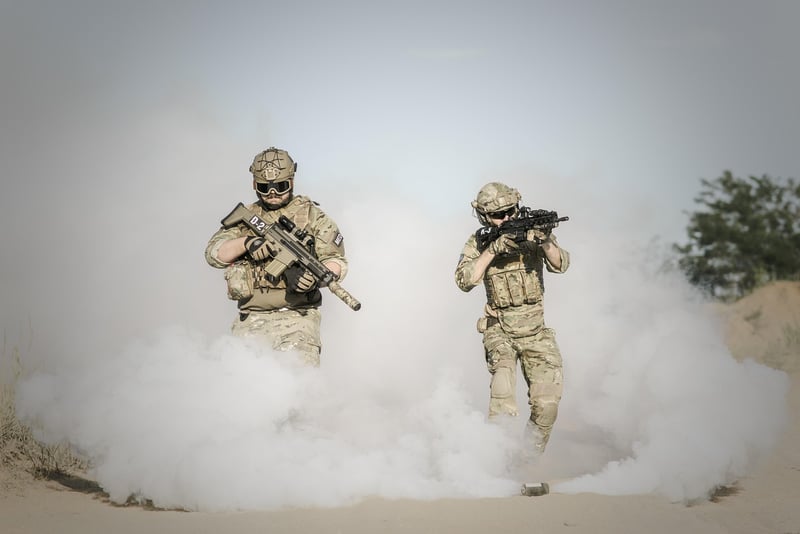Conflict Resolution
Develop Essential Leadership Qualities + Conflict Resolution
Leadership is a vital skill in both personal and professional settings. To be an effective leader, one must possess essential qualities that inspire and motivate others. Additionally, mastering conflict resolution is crucial for maintaining harmonious relationships and productive environments. Let's explore these two critical aspects in more detail.
Essential Leadership Qualities
Leadership qualities are the foundation of successful leadership. Here are some essential qualities that every leader should develop:
- Communication: Effective communication is key to conveying ideas, providing feedback, and fostering collaboration.
- Integrity: Leaders must act with honesty, transparency, and a strong moral compass to gain trust and respect.
- Adaptability: The ability to adapt to change, embrace new ideas, and navigate challenges is crucial for leadership success.
- Empathy: Understanding and empathizing with others' perspectives fosters strong relationships and builds a positive team culture.
- Decision-making: Leaders must make informed decisions, consider different viewpoints, and take responsibility for outcomes.
- Inspiration: Inspiring and motivating others towards a shared vision or goal is a hallmark of effective leadership.
Conflict Resolution
Conflict is inevitable in any setting, but how it is managed can make a significant difference. Effective conflict resolution techniques can help prevent escalation and promote understanding. Here are some strategies for resolving conflicts:
- Active Listening: Listen attentively to understand all perspectives involved in the conflict.
- Empathy: Put yourself in the other person's shoes to understand their feelings and point of view.
- Communication: Clearly express your thoughts and feelings while encouraging open dialogue.
- Collaboration: Work together to find a mutually beneficial solution rather than focusing on individual interests.
- Compromise: Be willing to find middle ground and make concessions to reach a resolution.
- Mediation: In more complex conflicts, consider involving a neutral third party to facilitate discussions and find common ground.
By developing essential leadership qualities and mastering conflict resolution techniques, individuals can enhance their effectiveness as leaders and create more positive and productive environments.


Remember, leadership is not about being in charge; it's about taking care of those in your charge. Cultivating these essential qualities and conflict resolution skills can make a significant impact on your leadership journey.
Embrace the opportunity to grow and develop as a leader, and watch how your positive influence transforms those around you.
